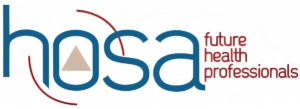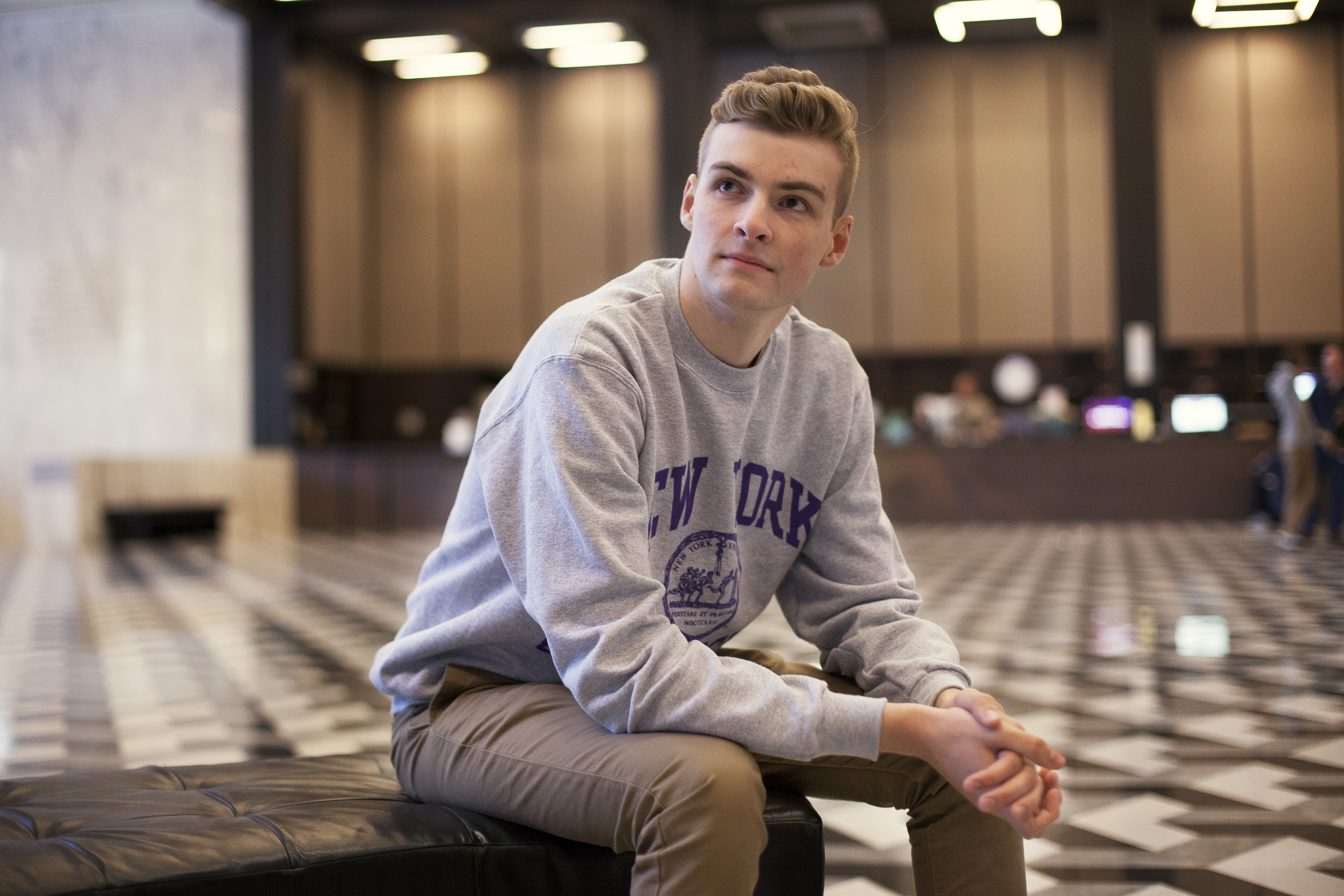There’s a portion of many postsecondary school applications that trips up a lot of people – community service. After a full (and often rigorous) high school class schedule, extracurricular activities to add to your leadership and teamwork experience, and other hobbies and interests, it may seem like there’s no room in a schedule for giving back to your community. Community service often seems difficult to work into schedules or even to find; many charitable organizations don’t have the resources to advertise their need. Living in New York City, you would think that I’d be exposed to many volunteer opportunities. It’s true that there are more opportunities in such a large city, but they can still be difficult to find. As I prepare to apply to medical school, I’m again challenged by my need for both clinical experience and service to my community. What I found after just a bit of research, however, is that health and volunteerism can go hand in hand.
What I’ve found is the need for community service on a resume goes far beyond college applications. As I prepare for medical school, advisors stress that admissions committees value service as an indication both that an applicant enjoys helping others and is a valuable addition to his or her community. In addition, the professionals with whom you work can be great advocates for you when it comes to applying to jobs or schools; letters of recommendation can be powerful additions to an application. Needing some form of clinical experience to demonstrate my interest in health and a volunteer opportunity, I set out to find both. Surprisingly (to me, at least), it didn’t take very long to find something that fit both of these needs. The New York metropolitan area is the home of several of the largest hospital systems in the world. Manhattan has many emergency rooms, and as television shows like NY Med illustrate so dramatically, they’re rarely quiet. I’ve always considered emergency medicine as a career – I like the fast pace and the absence of set hours. But I never thought that I’d be able to volunteer in one. Within 30 minutes of setting out to find a position, I had a printed application to volunteer in a NYC emergency room: not a bad start. Several weeks later, after a brief interview, I was accepted into the program.
Since becoming a volunteer in October of 2014, I’ve gotten more clinical experience than I could have ever imagined. As an ER volunteer, it’s my job to bring patients from the waiting area to their rooms, to ensure that medications and labs are efficiently delivered to the correct places, and (most importantly) to facilitate not only patients’ medical care, but their overall experience during the hours that they spend with us. Medical staff are often so focused on providing the best medical care possible that customer service is forgotten – volunteers fill that position. And as the hours drag on for patients with even minor ailments (after coming in expecting to be out in 30 minutes), simply managing expectations can be a challenge. It’s incredibly rewarding, however, and I get to work with a medical team that values my contribution.
This might sound like a big commitment, but it’s truly not. Volunteer programs vary in their requirements, but I volunteer for a 3 hour shift once a week. I could take on more hours if I wanted, but with a full class schedule I don’t have the time during the semester. Feel free to email me at dkellyhosa@gmail.com if you have any questions about my experience (I’ll be writing more about it later). If you’re looking for volunteer opportunities in medicine, simply calling a local hospital may be the way to go.
Volunteerism is one of the core values of HOSA – FHP. The most active chapters add community service onto competitive event and leadership activities. It’s a great way to both enhance your own resume and make your chapter more active. But I urge you to take your experiences as a member and apply them beyond your time in HOSA. Volunteerism is an essential part of living in a community, especially as a health professional (or FHP). I think what I’m trying to get at is that while the professional need to give back doesn’t end after high school, volunteering is a rewarding experience that can shape your future in very profound ways. Take your passions and interests and seek out opportunities in those fields – you may be surprised at what you find. Even after full classes, extracurricular activities, and time for life in general, a few hours a week can make a huge difference for the better. After a quick search, I discovered a website that may be a good starting point. Check out volunteermatch.org for opportunities near you.


